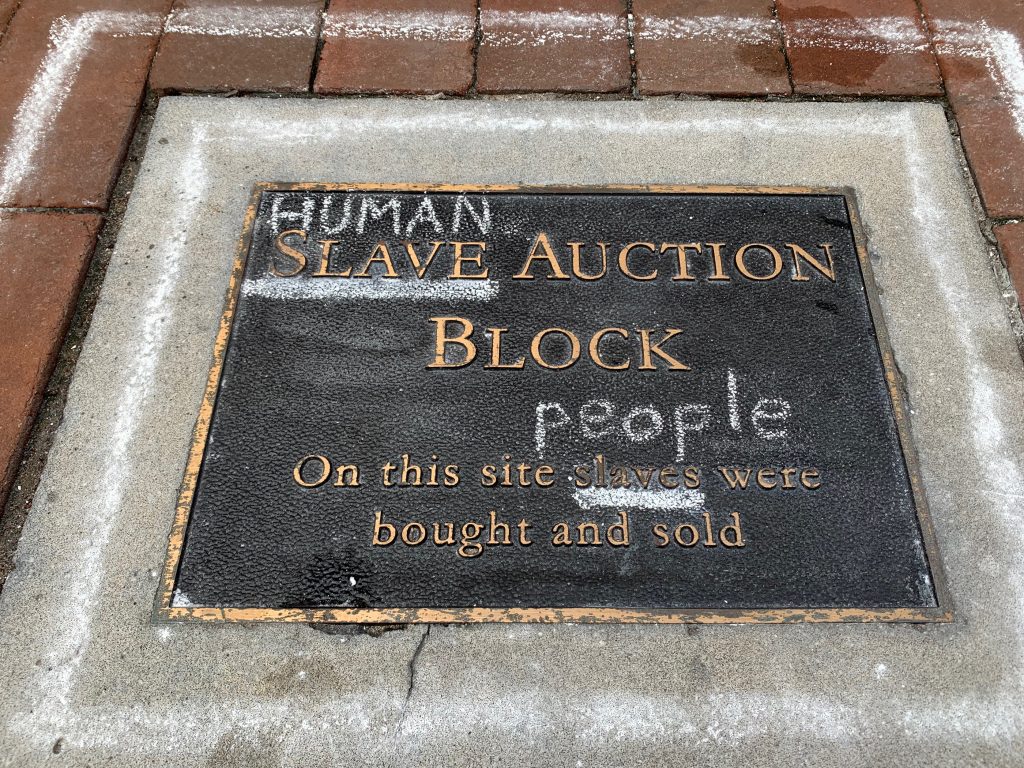INTERVIEWER
You didn’t find it difficult to write in England, did you?
DURRELL
No, I think it’s a most creative landscape. It’s a violently creative landscape. I think the only thing that’s wrong is the way we’re living in it.
INTERVIEWER
Can you summarize what’s wrong with the way we’re living in it?
DURRELL
The things one notices immediately are petty — it’s the construction of a sort of giant pin-table of inhibitions and restrictive legislation and ignoble, silly defenses against feeling, really. That’s what it amounts to. Of course there may be other mitigating factors which one leaves out when one is talking jolly glibly. If you put a writer in the pontiff’s seat, God knows what you might expect out of his mouth—you know, there may be economic conditions. It may be just that England is too overcrowded to be able to live in a joyous—
INTERVIEWER
Mediterranean way?
DURRELL
No, not necessarily Mediterranean. One of the writers I reread every two or three years is Surtees, and I very much hoped that
6 LAWRENCE DURRELLEngland was going to be Surtees’s England—a vulgar, jolly, roister- ing England, not especially aesthetic or cultivated or delicate in any sense, but something with its vulgar roots in food, sex, and good living. By which I don’t mean fine living or refinement of values, because those are just the top dressing. It is at the roots that something’s wrong.
INTERVIEWER
It is the whole attitude towards living in England that’s wrong, then?
DURRELL
One says that, but what I want to say is that it is wrong for me only. I don’t wish to correct it. I am not a proselytizer. I wouldn’t know if you asked me tomorrow how I’d go about making that English nation over into something nearer my heart’s desire. I am simply trying to explain to you why one is always an English orphan, as a writer, as an artist; and one goes to Europe because, like a damn cuckoo, one has to lay these eggs in someone else’s nest. Here in France, in Italy, and Greece, you have the most hospitable nests, you see, where there’s very little chi-chi about writing or artists as such, but which provide the most extraordi- narily congenial frames in which a job of work can be done. Here one feels on a par with a good or bad cheese—the attitude to art of a Frenchman is the attitude to what is viable—eatable, so to speak. It is a perfectly down to earth terre à terre thing, you see. Yet they don’t treat Camembert with less reverence than they treat Picasso when he comes to Arles; they are in the same genre of things. But in England everyone is worried to death about moral uplift and moral downfall, and they never seem to go beyond that problem, simply because they feel separated from the artists. It’s the culture that separates, you see, and turns the artist into a sort of refugee. It’s not a question of residence. Even the home artist has to fight for recognition; instantly, people don’t recognize that he is as good as good cheddar. It’s a different category to them.
…
INTERVIEWER
Do you consider The Black Book important to the evolution of the Alexandria series?
DURRELL
Only in the sense that it was important for my evolution, you know, my inside evolution. It was my first breakthrough. I don’t regard it as a good book. In fact, I wince at it a bit, and there are parts of it which I think probably are a bit too obscene and which I wouldn’t have written that way now . . . but, how shall I say, I turned myself inside out in that book. Mr. Eliot is kind enough to praise it very highly, and what he is praising is not the book —which is more a curiosity of literature than a contribution to it— but that as a boy of twenty-four I had to undergo a sort of special crisis even to write the book at all and that was what was truthful, not the book itself, not the paper with stuff on it. It was the act of making the breakthrough and suddenly hearing your own tone of voice, like being reborn, like cracking the egg all of a sudden. And that’s what it was for me. I cracked the crust in that book and the lava was there, and I had only to find a way of training the lava so it didn’t spill over everything and burn everything up. I had to canalize it. That was the problem of the next ten years. Poetry turned out to be an invaluable mistress. Because poetry is form, and the wooing and seduction of form is the whole game. You can have all the apparatus in the world, but what you finally need is something like a—I don’t know what—a lasso . . . a very delicate thing, for catching wild deer. Oh, no, I’ll give you an analogy for it. To write a poem is like trying to catch a lizard without its tail falling off. Did you know that? In India when I was a boy they had great big green lizards there, and if you shouted or shot them their tails would fall off. There was only one boy in the school who could catch lizards intact. No one knew quite how he did it. He had a special soft way of going up to them, and he’d bring them back with their tails on. That strikes me as the best analogy I can give you. To try and catch your poem without its tail falling off.
It’s all great… go read the whole thing.

